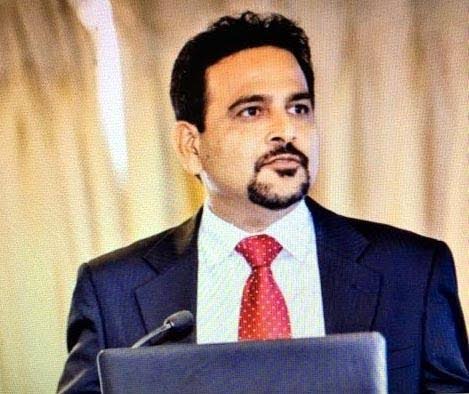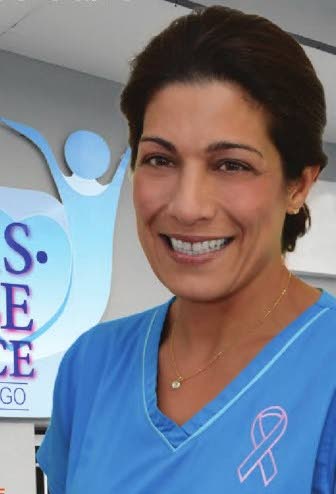TT at risk for more cancers

With an aging population and people living longer, it is expected that TT will see more disorders of aging, including more cancers.
This, according to Director of Women’s Health, Dr Adesh Sirjusingh, who noted that the number of breast cancer cases increase with age. He said it was the most common female cancer in country with one in nine women developing the disease in their lifetime.
Although the occurrence is low, men too could develop breast cancer. According to the National Cancer Registry there were 27 occurrences of breast cancer in men and 1,608 in women from the period 2009 to 2013. He said Government was currently developing screening and treatment protocols which would be published “soon.”
In the meantime, he said, in the public health system, all treatments were available for all stages of breast cancer except some high-end and research level treatment options. These include breast ultrasound in younger women below 40 years with dense breasts, as well as MRIs at some facilities, although it was not part of routine screening.
Mammograms, breast examinations by health care professionals, biopsies and diagnostic procedures, and surgical treatments were available at regional health authorities. However, chemotherapy and radiation treatment was only available at referral centres.
Former chairman of the TT Cancer Society, Dr Jacqueline Pereira-Sabga, explained that surgery and radiation were local treatments directly affecting the tumour. “Then there are systemic treatments, and these are generally given either by mouth or IV. They are chemotherapy, hormonal therapy, and targeted therapy which would include receptor testing and drugs targeting specific genes or proteins like HER, progesterone, oestrogen, and BRCA gene mutations.”

She added that recently, she had seen initiatives by Government to promote education and elevate the available health systems to aid cancer patients. However, she said with cancer more could always be done. “The best solution is to have a cohesive system where NGOs and Government work together to educate the population about screening practices that promote early detection. In addition, healthy lifestyles and proper nutrition all factor in. No one can do it alone. The task is gargantuan, but the effort needs to be much more and much more teamwork.”
Sirjusingh also stressed the importance of self-examination for abnormal lumps, nipple discharge, skin changes on the breast, abnormal nipple appearance. “Education and awareness are the first level of screening and reducing risks, prevention, early diagnosis, and treatment,” he said.
He stressed the importance of living healthy, diet and exercise, avoiding cigarette smoking, and overindulging in alcohol. However, he said other factors increased the risk of cancer including some oestrogen containing hormones, a family history of breast cancer, and previous breast biopsy for benign disease. He added that breastfeeding, having a child before age 30, and having more than three children reduced the risk of breast cancer.
To those diagnosed with breast cancer, Sabga advised, “Empower yourself. Ask questions. Make notes. Don’t think you are bothering anyone or that you are too shy to ask. This is your life and you must understand the value of it, so fight for it.”
She further advised that patients ensure that they understand their treatment plan, discuss it at length with their doctor, and gather those who would be their support. Also, she said as they start treatment, they should make sure they know what medications they get and that their nutrition was good.
“If you need psychological support, it’s available. Just ask for it. Don’t be reserved or hesitant. Understand that on the other side of this treatment may exist the gift of a second chance at this life, that survivorship is real, and it’s a gift but you have to fight hard for it.”


Comments
"TT at risk for more cancers"